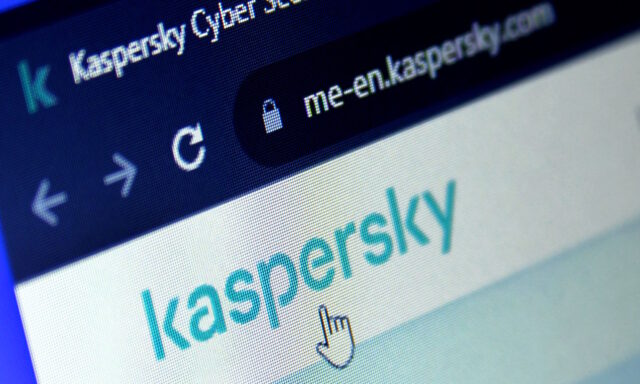The US is not the only country to ban Kaspersky product because of security concerns

Security firm Kaspersky has suffered a dramatic fall from grace in recent years because of its Russian ties. Around the world, concerns have sprung up that the security software actually poses a security risk.
In the middle of last year, the US government banned the software from being sold in the country -- or even updated for existing users. Following suit, Australia has also announced a ban, citing a "security risk to the Commonwealth". Fears of "foreign interference, espionage and sabotage" were also key factors.
See also:
- Microsoft is giving Snipping Tool a major OCR upgrade in Windows 11
- Microsoft issues yet another reminder that it is killing off WSUS driver synchronization soon
- Meta announces that Facebook Live videos will no longer be saved forever
For now, the Australian Secretary of the Department of Home Affairs has issued a mandatory Direction under the Protective Security Policy Framework (PSPF) that applies to government computers and networks -- but this may expand further in due course. The order (Direction 002-2025 -- Kaspersky Lab, Inc. Products and Web Services) reads:
This Direction requires Australian Government entities to prevent the installation of Kaspersky Lab, Inc. products and web services from all Australian Government systems and devices, and where found, to remove all existing instances.
In a statement accompanying the order, the Secretary of the Department of Home Affairs, Stephanie Foster, said:
After considering threat and risk analysis, I have determined that the use of Kaspersky Lab, Inc. products and web services by Australian Government entities poses an unacceptable security risk to Australian Government, networks and data, arising from threats of foreign interference, espionage and sabotage. I have also considered the important need for a strong policy signal to critical infrastructure and other Australian governments regarding the unacceptable security risk associated with the use of Kaspersky Lab, Inc. products and web services.
Entities must manage the risks arising from Kaspersky Lab, Inc.'s extensive collection of user data and exposure of that data to extrajudicial directions from a foreign government that conflict with Australian law.
Government departments have until April 1 to comply with the order.
Image credit: Mohamed Ahmed Soliman / Dreamstime.com

Pingback: Study finds that Instagram is beneficial to the wellbeing of queer youth - The TechBriefs